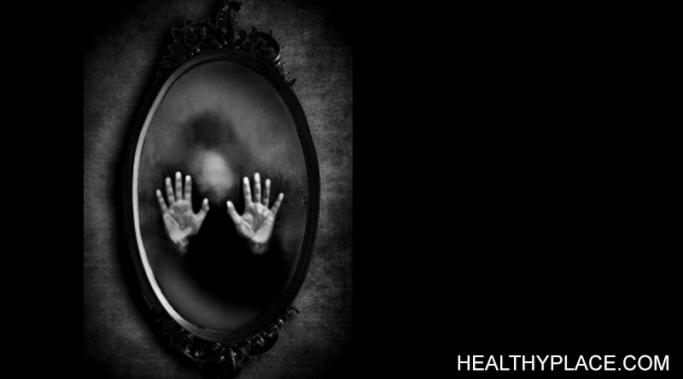A panic attack is an intense physical and emotional reaction, often to non-threatening stimuli. Panic attacks are common in those with anxiety. There are many panic attack triggers, but they are not always consistent. I've had panic attacks both at home and at the grocery store. Understanding triggers for panic attacks makes them less scary.
Getting Through Tough Times
Finding the right therapist in tough times can be challenging. Making the decision to go to therapy is often one of the first steps people take on the road to recovery from mental illness. Mental health therapy offers a wealth of helpful resources that can help you cope with depression, anxiety, or even situational issues like grief. Understanding what to look for in a therapist with these three tips will help you find the right therapist for you.
I’m Ashley Horsfall and I am excited to be writing Getting Through Tough Times. I have been dealing with depression and anxiety since before I was even a teenager, and I’m now in my mid-20s. My conditions were not diagnosed until just three years ago, and today I still struggle. My journey with mental illness has not been easy, and it certainly hasn’t been consistent; however, I am passionate about helping people like me learn how to cope with depression and anxiety of their own.
Have you ever felt that having a mental illness makes you ugly -- not just imperfect or slightly flawed, but soul-deep, glaringly, hideously ugly? I have. It comes over me in waves of revulsion and self-loathing. When I scrape my hair back at night or catch a glimpse of myself in a mirror window I feel ugly. Every day I take off my makeup and find another wrinkle, another blemish, or an additional hint of age. And it terrifies me. I see the puckered white-purple scars on my arms and legs, the chapped skin on my lips. I see somebody who it is impossible to love. I wonder if having a mental illness makes me ugly?
A mental illness relapse tricked me into thinking I was a fraud. As the author of the blog entitled Getting Through Tough Times, I am required -- by the very delineation of the phrase -- to speak about my own tough times. It’s my job to share obstacles I have overcome and urge other people to do the same (Mental Health 101: Developing Coping Strategies). But recently I’ve felt like a fake, a fraud. I’ve sat in front of a computer screen with my fingers poised above the keys, ready to type a stream of words that sound fancy and wise, and I’ve stood in front of a camera with a bunch of rehearsed clichés, prepared to spout them out robotically.
But I could never go through with it because I was struggling with my own form of mental illness relapse. And for those with a history of mental illness, that is what struggling so frequently means (Anatomy Of A Mental Illness Relapse).
The definition of mental illness recovery is a “return to a normal state of health, mind or strength. To regain possession or control of something stolen or lost.” For me, and for others suffering with a mental illness, the loosely named "recovery" is the ultimate goal. To integrate back into normality, to regain the possession of broken faculties, to retrieve the logical mind that has somehow been lost. That is mental illness recovery.
Time after time I told myself I was going to change. Today was the day. All I had to do was make different choices. Choose to be normal. Choose to fit in. Choose to be strong. It was as simple and easy as making the right choice. But I couldn’t do it. Did having a mental illness make me weak?
One of the most memorable mental health therapy sessions I have ever had focused almost entirely on the question “what does your anorexia do for you?" That was it, just those few words, lost on the vast, white surface of the display board. There were no hidden meanings, no underlying hints of the rhetorical. I was simply faced with the one question I had never been seriously asked before: does mental illness serve a purpose? And my mind exploded, shifting perspectives in a rare and colossal flash of clarity.
This quote has made me consider if mental illness really is the barrier to success we imagine it to be:
Success is not final, failure is not fatal: it is the courage to continue that counts.
Throughout my life I have found myself in positions that I thought would break me entirely. I have sat in my room with no door, surrounded by debts, destruction and bowls of my own vomit. I have laid in a hospital bed, covered in tubes and wires – desperate and alone. And I have crouched on the floor of mental institutions, rocking and trapped, painting bloody smears on the walls from the masochism of my own fingernails. But has all this mental illness been a barrier to success?
Growing up is difficult. It is unstoppable, beautiful, ugly, painful and hard. It is full of examinations, zits, hormones, bad hair days and unrequited crushes. Awkward first dates, sloppy first kisses and neon pink eyeshadow that really does not look good with those red skyscraper shoes. But throw a mental illness and a desire to date into the mix and growing up can be torturous.








